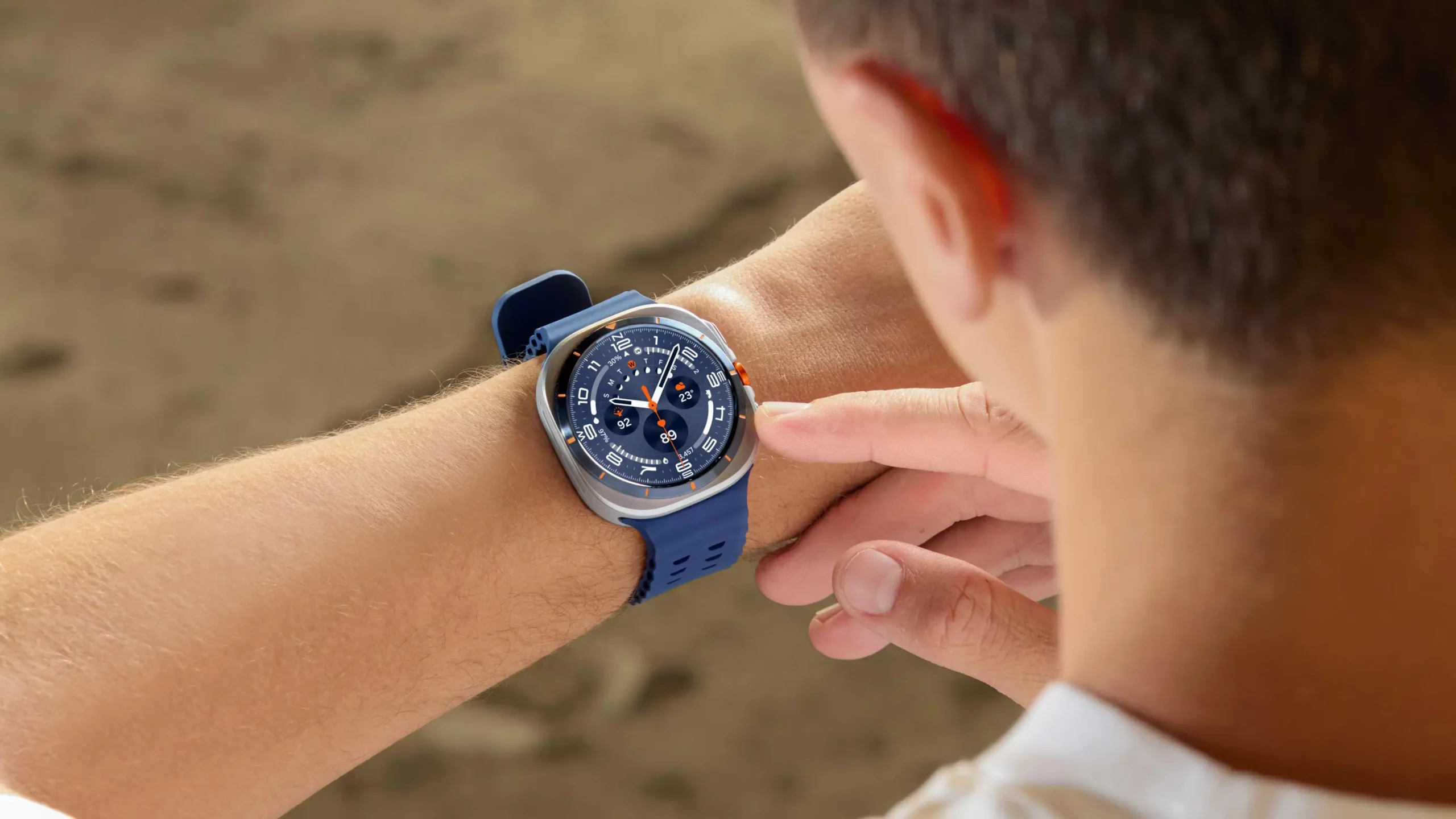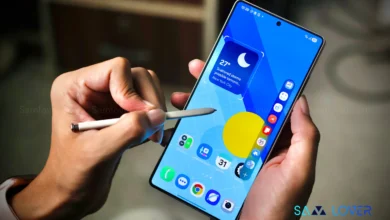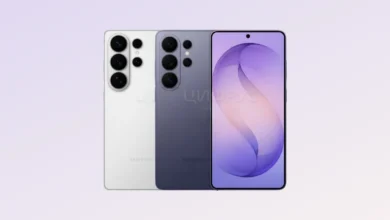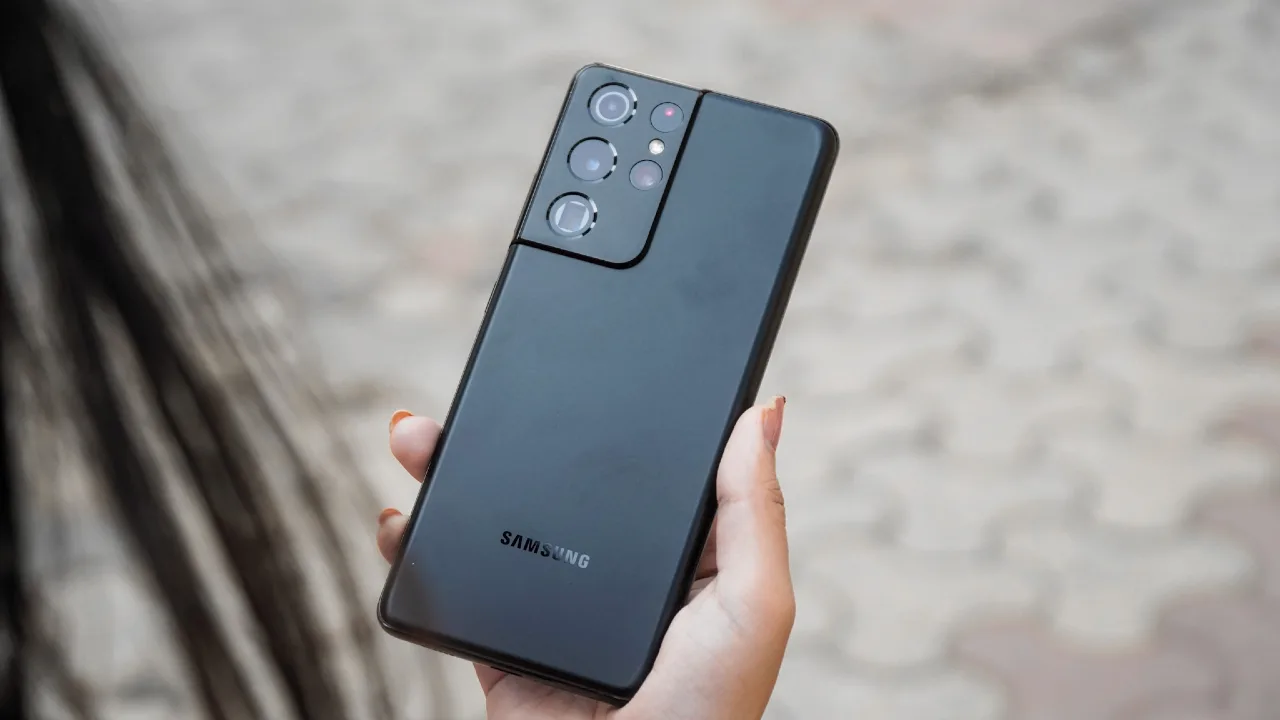Qualcomm’s Next‑Gen Chip Aims to Fix Wear OS-based Watches Battery Drain

Wear OS watch fans, get ready for the new upgrade next year, as the watches could be powered with Qualcomm’s latest wearable chip, the “SW6100,” that powers the watch in many ways.
For the last three years, Qualcomm hasn’t launched any new processors for wearable smartwatches since their Snapdragon W5 and W5+ Gen 1 in 2022. This forced smartwatch manufacturers, like Google, to power its Google Pixel Watch with older technology.
The older technology Wear OS smartwatches generally suffer from poor battery life. However, it won’t be the case for much longer, since Qualcomm is finally preparing a new, much-improved chip for wearables, which could be a big deal for the future of smartwatches.
A new report from one of the reliable blogs, Android Authority, revealed that Qualcomm is developing a new wearable chipset, internally dubbed SW6100 and codenamed Aspen, which is anticipated to provide longer battery life and more advanced features for future Wear OS smartwatches. However, there’s no official word regarding the new wearable chip yet, so it remains to be seen whether the leaked chip will come into existence.
The latest chip is reported to use a newer, faster, and more power-efficient type of memory called LPDDR5X, which helps with battery life and overall performance. It will include a powerful “Cortex-A78” core and four efficient “Cortex-A55” cores, which is a massive upgrade from the old Cortex-A53 cores.
Notably, this new setup is quite similar to what Samsung is offering with their latest smartwatch chip, Exynos W1000, suggesting a new level of performance for smartwatches. In short, Qualcomm’s new wearable chip seems to be a major upgrade that should bring faster performance and significantly longer battery life to future Wear OS smartwatches.
Is Samsung adopting Qualcomm’s new wearable chip?
Samsung has already adopted Qualcomm’s Snapdragon series for its flagship smartphones over its in-house Exynos chipsets due to the faster performance, efficient battery life, and powerful high-end functionality.
In case Qualcomm’s upcoming wearable Snapdragon chipset ismore powerful than Samsung’s in-house Exynos wearable chipsets, then potentially the Korean tech giant could adopt it. Since, ultimately, the key aim of the company is to satisfy customers by delivering more powerful and battery-efficient devices. However, there’s no official statement regarding these expectations yet, so it will be interesting to see what will happen next.



